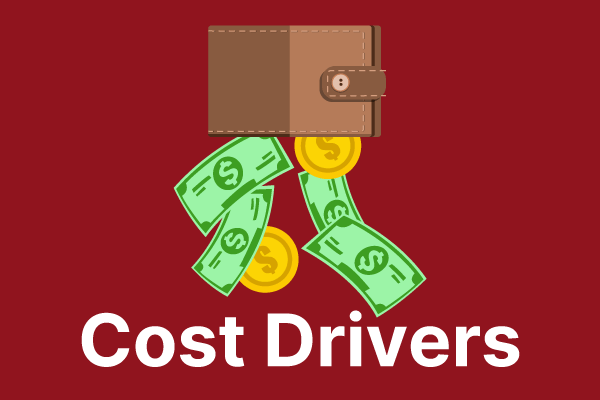 Legislation identified by the California Chamber of Commerce as a Cost Driver that will hurt existing consumer-friendly pricing practices passed an Assembly policy committee last week and is scheduled to be considered today by the entire Assembly.
Legislation identified by the California Chamber of Commerce as a Cost Driver that will hurt existing consumer-friendly pricing practices passed an Assembly policy committee last week and is scheduled to be considered today by the entire Assembly.
The bill, AB 446 (Ward; D-San Diego), burdens rewards programs with a new private right of action. Specifically, AB 446 makes it considerably harder for businesses to offer basic, consumer-friendly pricing practices — such as local discounts, loyalty programs, and others — by creating a private right of action for any use of personal information or aggregate data in pricing if new consent standards are not met.
The bill also conflicts with the California Consumer Privacy Act (CCPA) by rewriting disclosure and consent obligations necessary to use personally identifiable information and creates entirely new consent and opt-in obligations for the use of aggregate information.
The CalChamber and a coalition of employer associations have shared amendments to address their concerns with the bill while still prohibiting businesses from using the personally identifiable information of a consumer to raise the price of goods for an individual or group of consumers.
Although the concerns outlined in the coalition letter were acknowledged at the Assembly Judiciary Committee hearing on May 6, the coalition amendments have not been accepted yet.
Coalition Concerns
- The bill’s overbroad language outlaws normal, consumer-friendly practices such as loyalty programs by including them in the prohibited practice of “surveillance pricing.” The bill then includes limited exceptions to permit certain discounts — but that list does not include many types of presently available discounts. In addition, even discounts that might be allowed must meet additional vague requirements — and, if they fail to clearly do so, then the offering company will face a private right of action for its discounts.
- AB 446 contradicts the state’s landmark privacy law, the California Consumer Privacy Act, by treating aggregate data as if it were personally identifiable information. The CCPA treats aggregate data as non-problematic because aggregate data does not reasonably identify a person or household.
- AB 446 rewrites disclosure and opt-in standards already covered by the CCPA, which includes provisions that govern all existing loyalty programs. AB 446 places contradictory language into law.
- By failing to define what it considers a “customized price,” AB 446 creates potential liability for companies based on geography. For example, pricing of fresh produce can differ depending on where it is sold because of a myriad of factors, including supply, transportation costs, demand/anticipated demand, freshness and delivery schedules. The bill does not address this reality clearly and because it is enforced by a private right of action, private companies will need to go to court to justify any difference in price.
The CalChamber and coalition appreciate and support the intent of AB 446 — to ensure California consumers are treated fairly and without discrimination — but are very concerned about the bill’s infringement on the CCPA and the collateral damage its broad language will create for California businesses.
Staff Contact: Robert Moutrie

